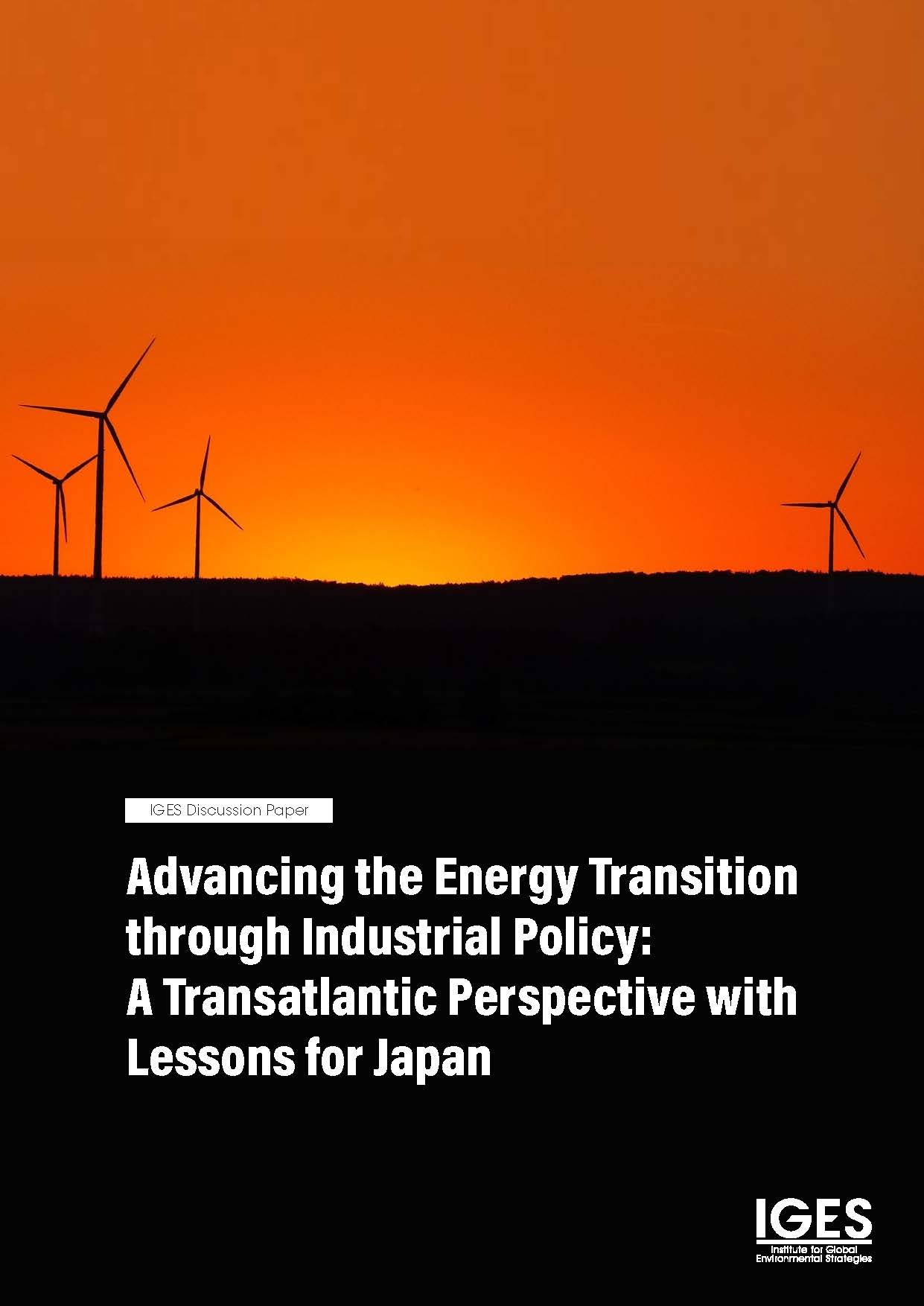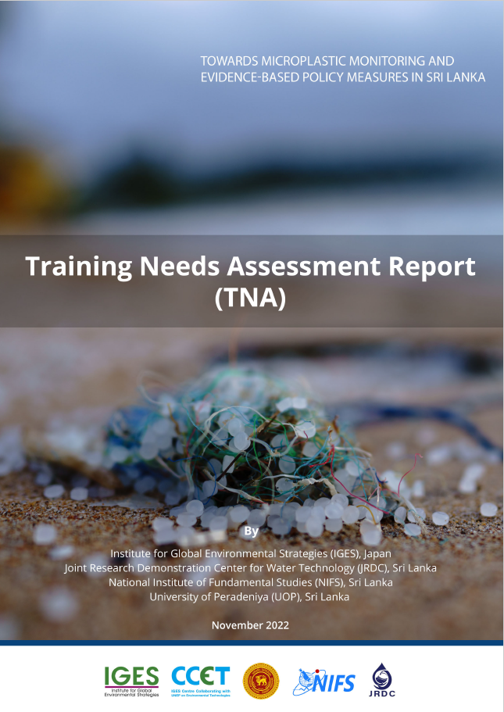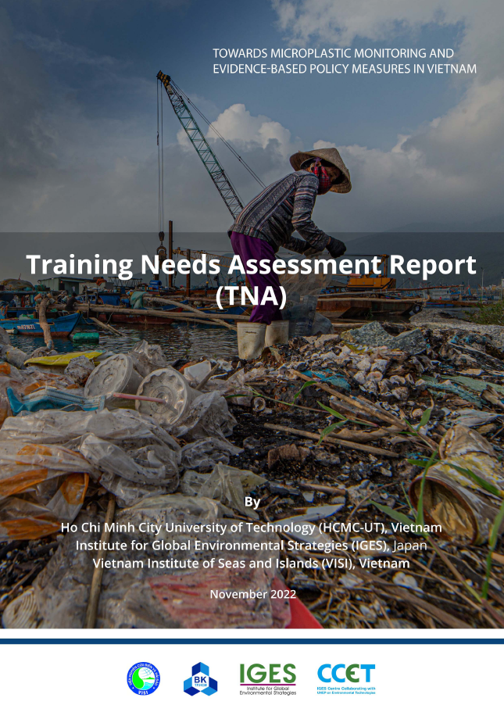This paper conducts a comparative analysis of green industrial policy strategies recently advanced by the European Union (EU) and the United States (U.S.), and extends insights to the evolving policy landscape in Japan. Its analysis underscores how the European strategy is characterized by a systematic approach that balances emissions constraints...
Keywords:




